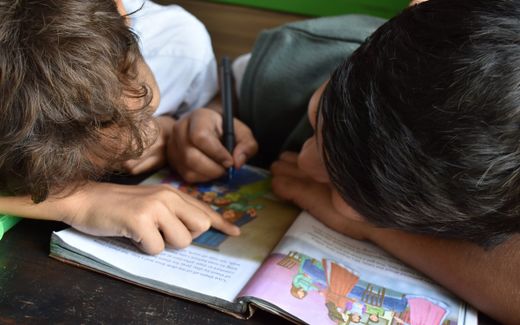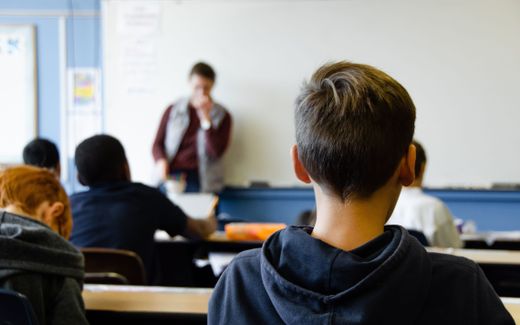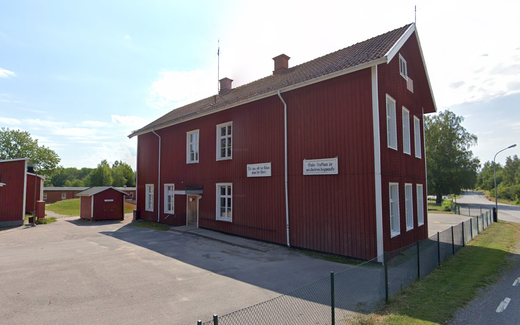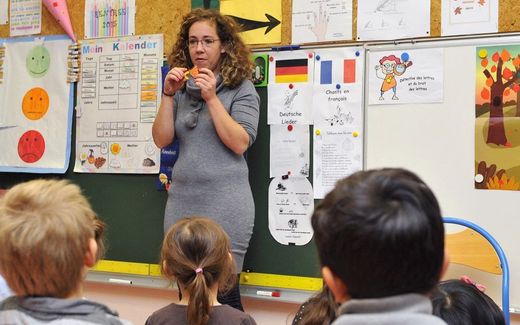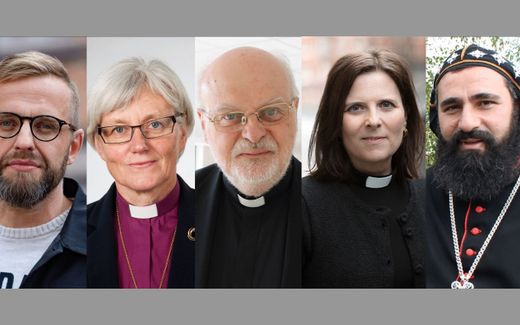Europeans meet for talks about Christian education
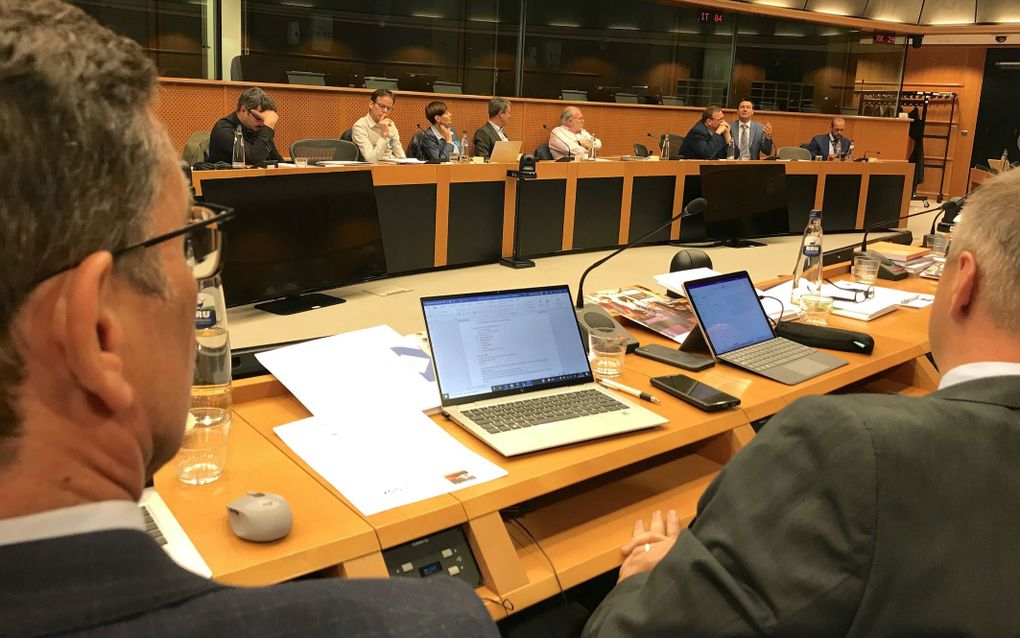
During the Brussels Consideration, representatives from Christian schools in Europe met with MEPs in the European Parliament in Brussels. Photo Evert van Vlastuin, CNE.news
European Union
Christian education is a struggle. A struggle for money and programmes. But also a spiritual battle.
This became clear during the so-called Brussels Consideration, a conference on Tuesday and Wednesday of representatives of Christian schools in Europe. This meeting was held in Brussels, partly in the European Parliament.
The Brussels Consideration is an initiative of several Christian schools in Europe and is organised annually by the Dutch SGP Party MEP Bert-Jan Ruissen and Pieter Moens of the Dutch board of Reformed school (VGS). Some 25 representatives of schools from Europe meet yearly there.
Teachers and school leaders come from all sorts of countries to Brussels. From Poland to Spain, from Sweden to Hungary. To share difficulties, but also to encourage each other.
In the spiritual battle, prayer is crucial, emphasised Bo Nyborg, school leader from Sweden. “All the churches in our country are now criticising the Swedish government for planning to block initiatives for new schools and perhaps eventually closing Christian schools. But there would never have been this resistance from the width of the church if there had not been a small group that really prayed to God.” Conference attendees also exchanged prayer points.
Freedom
In many countries, Biblical education is only possible at the financial cost of the parents. This has disadvantages but also advantages, said Spanish MEP Margarita De la Pisa Carrion. “If you use public money, you lose freedom. The government then interferes with the programme. Private education is more expensive but gives more opportunities.”
The German Helmut Geuking represents the Family Party. He says the Christian family model is also anchored in the German constitution. “Unfortunately, only 1 per cent of schools in Germany are confessional.”
Poland: Government provides little opposition

Since 2006, Agnieszka Crozier has been involved with the Christian Education Centre in Tomaszow Mazowiecki, Poland. From kindergarten, the school grew every year up to secondary school. “At the moment, we have 481 pupils,” she says. Half of the costs are covered by the government.
The school is Protestant, but three-quarters of the pupils are not. “However, the parents think a good education is important.” Crozier has seen both pupils and parents come to faith. “Even a Catholic priest came to faith. He is married and works for us now.”
She experiences little opposition to the school. “Of course, the Catholic Church doesn’t like that they sometimes lose people to us. But the conservative government in Poland will not dictate an agenda about gender or so to us.”
Christian education as a human right
The founding fathers of the European Union were committed Christians. Christian values guided them. Those values must not be lost.
Romanian MEP Cristian Terhes said so on during the Brussels Consideration. Terhes sometimes sees pleas in his country to withdraw from the EU. “They feel that Europe is no longer guided by these values. In various reports, you see that the cornerstone of our democratic civilisation is under attack, especially in the areas of marriage and sexuality.” According to Terhes, it is important that Christians take the space to propagate their values. “Christian schools are therefore important.”
Leo van Doesburg, representative of the ECPM party (European Christian Political Movement), stressed that the right to religious schools is enshrined in various human rights treaties. “The EU has no mandate to oppose or limit that. It is the parents who may use this freedom. Europe should not advise member states to adopt legislation that puts this freedom under pressure.”
According to Van Doesburg, freedom of education does not conflict with the separation of church and state. “Everyone has a philosophy of life. Everyone also has the right to raise his children based on the values that follow from that.”

He advised education representatives from Europe to work together with others. “If you can contribute something to education –Christian or not– you should not fail to do so.”
MEP Ladislav Ilcic called on education to “educate Christian politicians.” This is necessary, the Croat said. “Christians are losing on all fronts. Even here in the European Parliament, foolish proposals come from the left. We are always on the defensive. As a result, that foolishness becomes policy.”
According to him, education is “crucial” to change that. “We have no strategy. I saw that first in Croatia in the society, later in the national parliament, and now again in the European Parliament. Education can bring people closer to God.”
Spain: Light from the Bible in all subjects
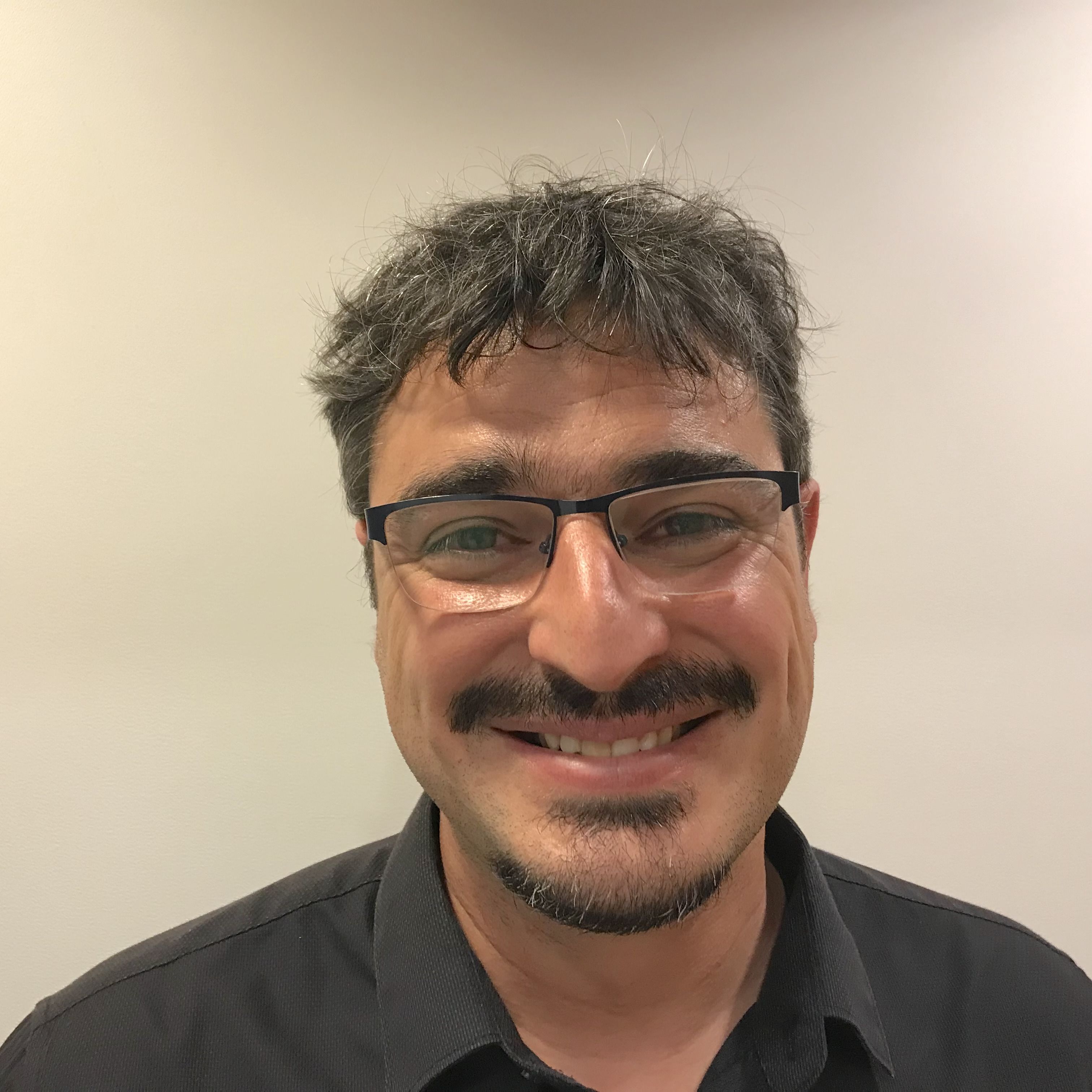
Oscar Mesanza Jaldo has been involved in building Life International School in Madrid for a few years now.
“Spaniards like it when their children are taught in English,” he says in Brussels. “That’s why we decided to start an international school with Christian material from America.”
The 66 pupils at the school are taught in English. “In all subjects, we try to let the light of the Bible shine.”
Mesanza Jaldo became enthusiastic about Christian education when he spent five years in Bolivia. “I wanted to continue that.” However, the government does not pay for it. “Occasionally, we receive something from American donors. The parents also have to contribute. But this also gives us the freedom to share more of the Gospel.”
Related Articles


